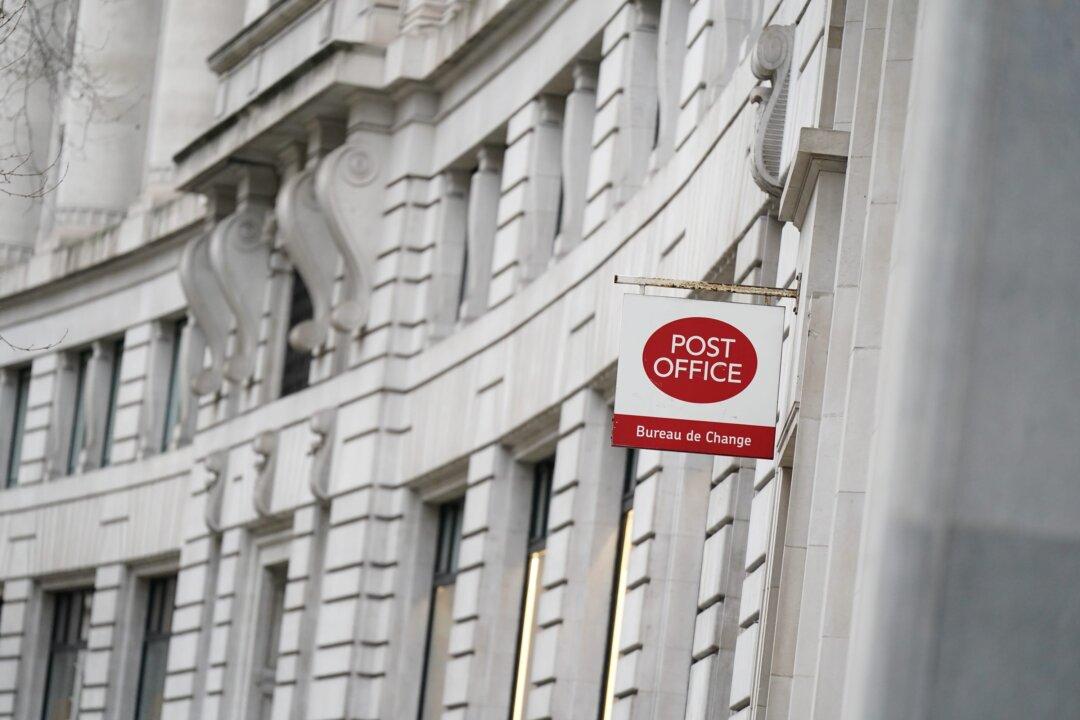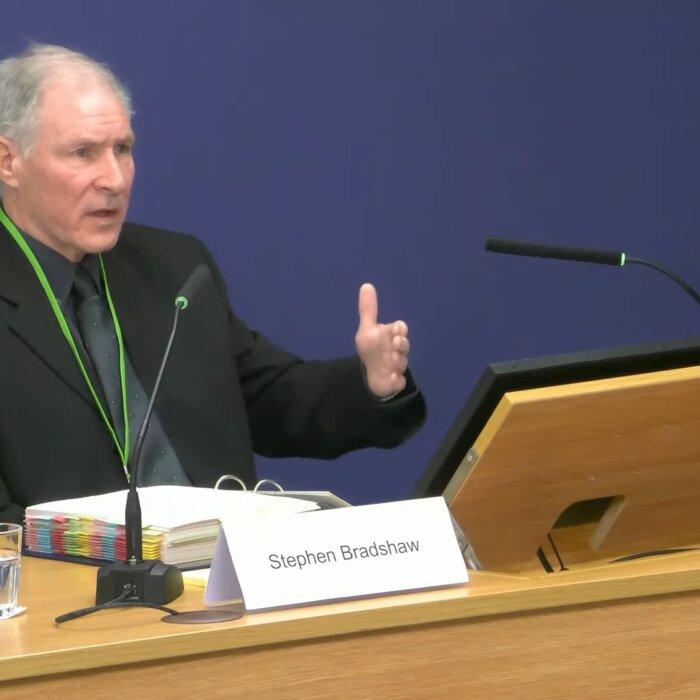The head of Fujitsu in Europe has apologised to postmasters caught up in the Post Office scandal and admitted there were “bugs and errors” in the Horizon software that was at the heart of the affair.
Paul Patterson, chief executive of Europe for Fujitsu Services, who was giving evidence to Parliament’s Business and Trade Committee on Tuesday, said, “To the sub-postmasters and their families, Fujitsu would like to apologise for our part in this appalling miscarriage of justice.”
“We were involved from the very start. We did have bugs and errors in the system. And we did help the Post Office in their prosecutions of sub-postmasters. For that we are truly sorry,” he added.
Asked if data from Fujitsu had led to the prosecution of hundreds of postmasters, he said: “Yes, there was evidence from us. We were supporting the Post Office in their prosecutions. There was data given from us to them to support those prosecutions.”
Mr. Patterson then added, “The information shared with the Post Office as part of our contract with them was very clear; the Post Office also knew there were bugs and errors.”
Last week Work and Pensions Secretary Mel Stride said Fujitsu could be held financially liable for the Horizon scandal, depending on the outcome of the public inquiry.
Fujitsu Boss Admits to ‘Moral Obligation’
Mr. Patterson told MPs there was a “moral obligation” for the giant Japanese-owned IT company to contribute to the compensation for sub-postmasters who were wrongly accused of stealing money or falsifying the accounts of sub-Post Offices up and down the country.He said, “I think there is a moral obligation for the company to contribute,“ but he said the public inquiry into the Horizon scandal had to deal with ”very complex matters.”
A four-part TV drama aired about the scandal—“Mr. Bates vs. the Post Office”—was watched by millions and led to a huge public and political reaction, which led to former Post Office Chief Executive Paula Vennells handing back her CBE and the government announcing it would push through legislation to exonerate all the postmasters involved.
Mr. Patterson admitted Fujitsu did have remote access to the Horizon system, despite repeated denials by the Post Office dating back many years.
But he said he did not recognise the portrayal in the TV drama of a “covert unit” at Fujitsu, in which the company gained access to sub-postmasters’ Horizon consoles without their knowledge.
“The support and the interventions remotely from Fujitsu has been documented and it is clear the Post Office was certainly aware of that remote access, and that was clear for some period of time,” said Mr. Patterson.
Later, giving evidence to the same committee, Nick Read, chief executive of the Post Office, was asked whether he was aware of the potential for remote access.
“I’ve only been in the organisation since 2019, so it’s difficult for me to comment,” he replied.
Earlier Alan Bates, the former postmaster who led the campaign to expose the Horizon scandal, told MPs, “Everyone’s going to be surprised about how much was known” early on by the Post Office and the government.
Mr. Bates, who was played by Toby Jones in the drama, said: “My gut feel on this, having looked at lots of paperwork over the years, is how much did the Post Office really know in the early days and how much did government really know in the early days about what was happening at Fujitsu? I think everyone’s going to be surprised about how much was known.”
‘Obviously We Had Bugs in the System’
At the Post Office Horizon IT public inquiry on Tuesday, former member of Fujitsu’s fraud and litigation support office, Rajbinder Sangha, admitted she was concerned about a witness statement she had seen in 2010 because “obviously we had bugs in the system.”The statement, which was sent to Ms. Sangha in July 2010, read, “To the best of my knowledge and belief at all material times the system was operating properly, or if not, any respect in which it was not operating properly, or was out of operation was not such as to affect the information held within it.”
Asked why it caused her concerns in 2024, Ms. Sangha said, “Because obviously we had bugs in the system.”







